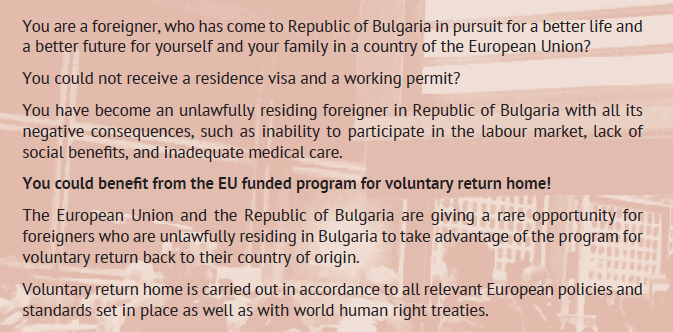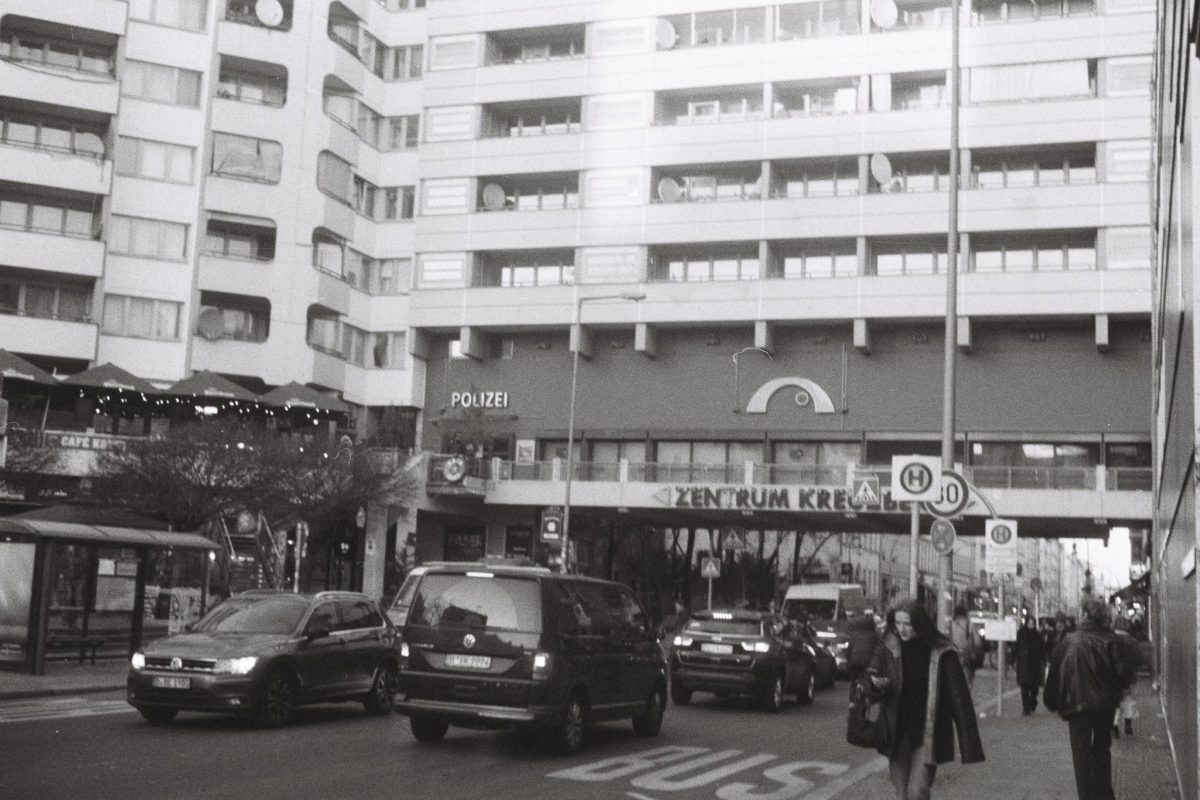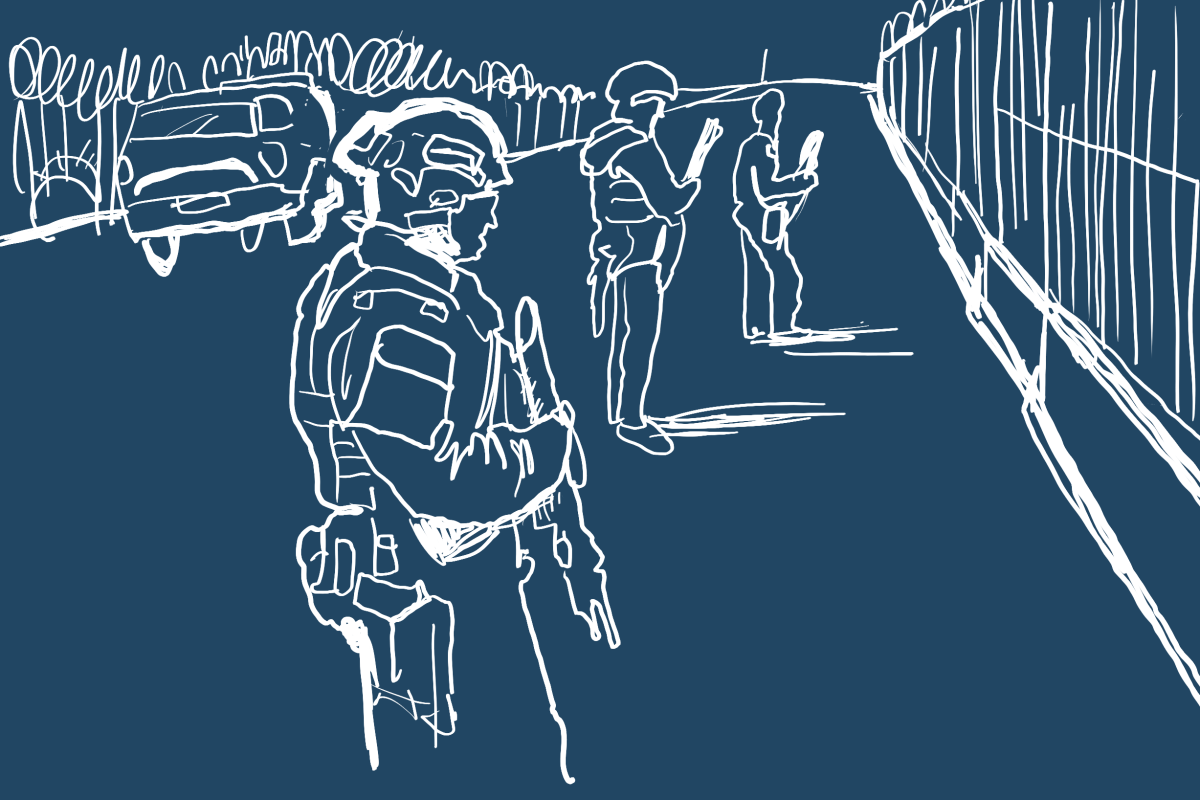Federal Gods is a politically charged work full of poetic prose that conveys the human realities of what is inadequately called the refugee crisis. Clare Saponia has a gimlet ear for weasel words, especially as wielded by states and institutions, but she additionally conveys the depths and emotional intensities involved in the universal longings for security, connection, and a future in desperate and distressing circumstances. The title is a translation of a made-up word, Bundesgott, which Saponia says she created, “to express the exalted, seemingly arbitrary power of the political elite.”
She was a volunteer at Wilmersdorfer Rathaus, Berlin in 2015 when first 500, then 1150 refugees arrived with hopes of starting new lives in Germany. Her first descriptions ache with pain and poignance as children are given instant coffee and there are no beds to sleep on. The contradictions clash against other like brittle waves – the heartfelt frenzy of welcome is perceived by Saponia as a frantic yearning to break free of the unbearable burden of the opposite in German history. This fervent aspiration cannot, however, ameliorate the state apparatus that looms all around the recent arrivals. She represents well both her own revulsion at the ubiquitous, nationalistic iconography against the determination to belong of the refugees: “The symbolism makes me heave. To you it’s a magic cloak.” and “You see eagles everywhere, tattooed to buildings and costumes and paperwork you can’t read. The cult you want to join but have neither keys nor clues.”
As the book goes on (it is written chronologically) Saponia presents individuals she encounters, vividly depicting them with a searing tenderness that pervades the whole work. There is Jayla, Samid, Nikro, Hanin and Zaid, a cancer survivor who shows her his scar and his wife Intesar with “titles and letters after her name”. Here and elsewhere, Saponia portrays the conflicts and tensions within the group, based on either geopolitical animosity or simple, brooding jealousy. This has authenticity and communicates the troubled rage of some asylum seekers alongside the wishes to conform or assimilate. Her capacity to get under the skins of not only those she aims to help but also the xenophobic haters has a novelist’s skill. She writes of an individual aspiring to get to Britain, not being aware of the “faraged gut of my birth isle” and that in the mind of the racist, “Hell is not the others but a dangle of white inferiority.” She is sharply aware of the combined assistance and inadequacy of teaching language skills in this context, “You have histories I cannot heal with haben und sein.”
Federal Gods has a filmic dynamism, full of astutely drawn realities, human compassion and complexity. It added to my understanding and perspective on what people go through and are prepared to face in their efforts to find a life beyond hatred. Although not stinting on the anger and pain, it resounds with our capacity as humans to empathise, to see ourselves in another’s plight, to be literally border defying. Clare Saponia achieves this with her writer’s ability to enter the thoughts and feelings of another and communicate their yearning on the edge of exhaustion.
Federal Gods is published by Palewell Press, ISBN 978-1-911587-60-6 and if you want to avoid the usual online book purchasing sites why not support a local Berlin-Neukölln bookshop and order it here at BuchHafen to be picked up at Oker Strasse 1, 12049 Berlin. [North Berlin editor’s comment. English books can also be ordered from St. Georges Bookstore, Wörther Straße 27]




